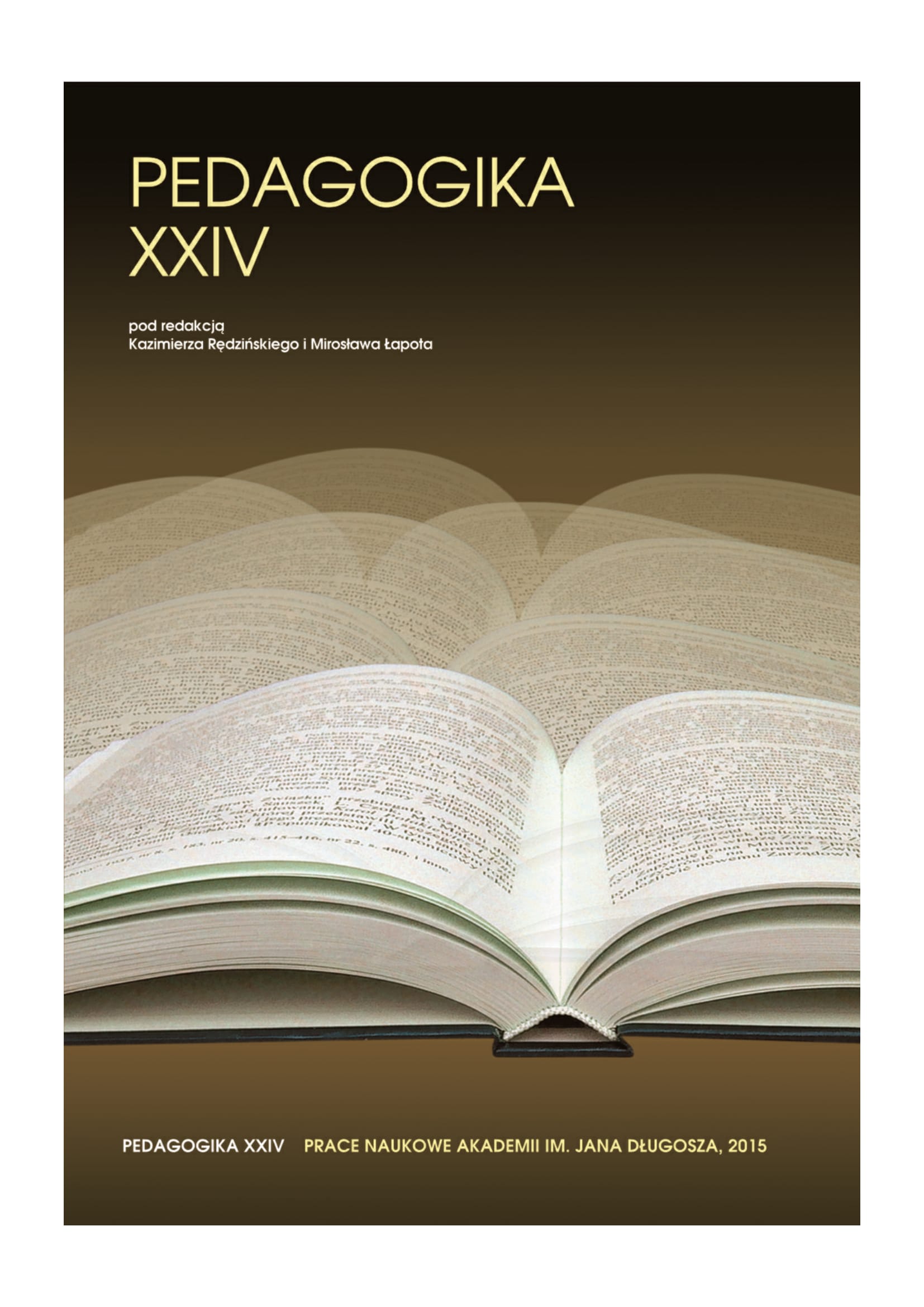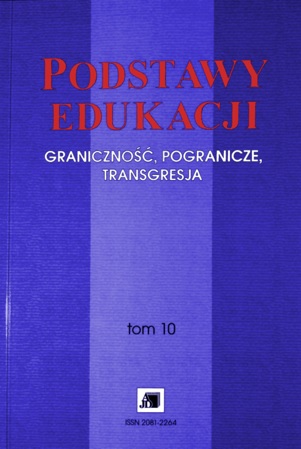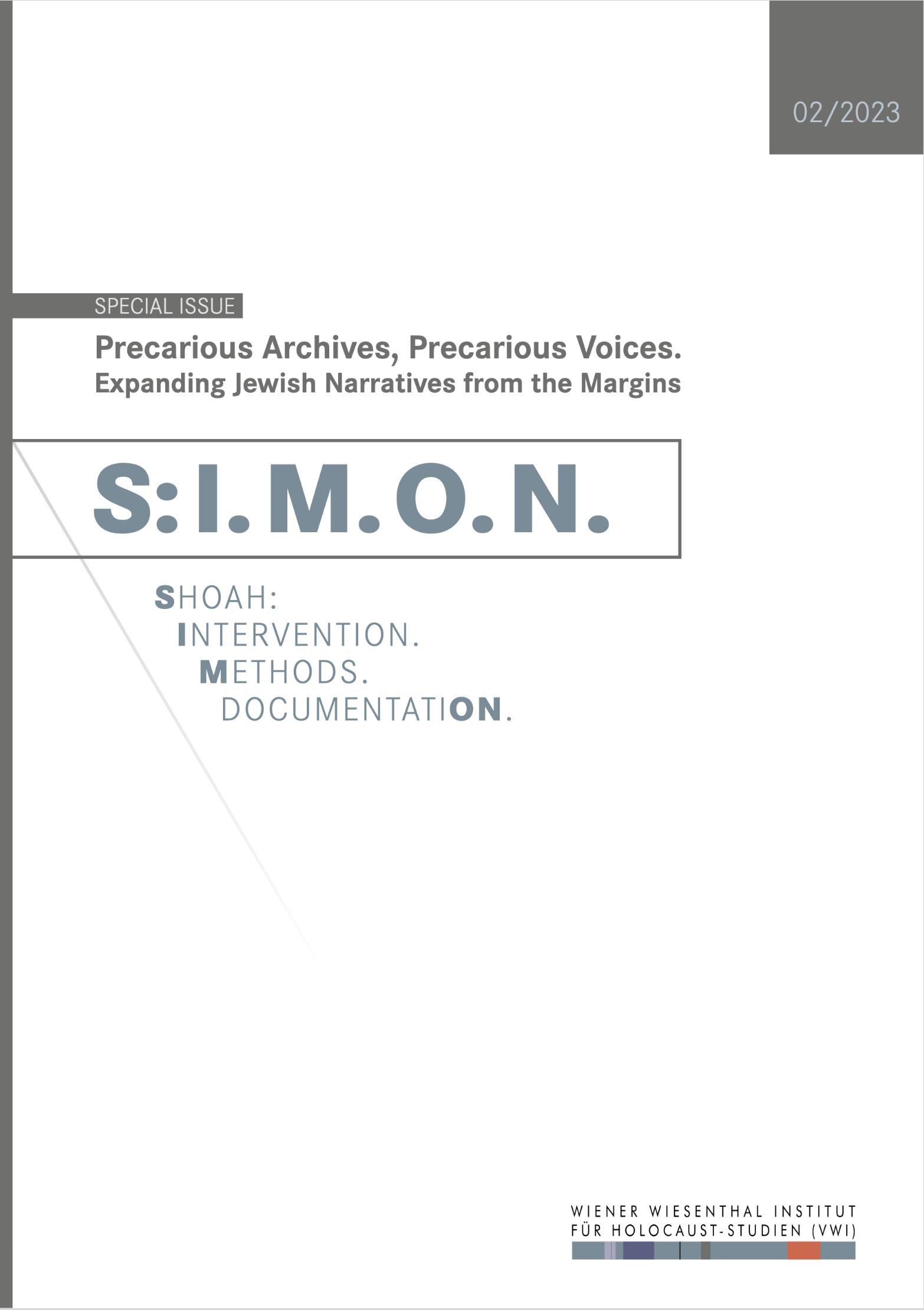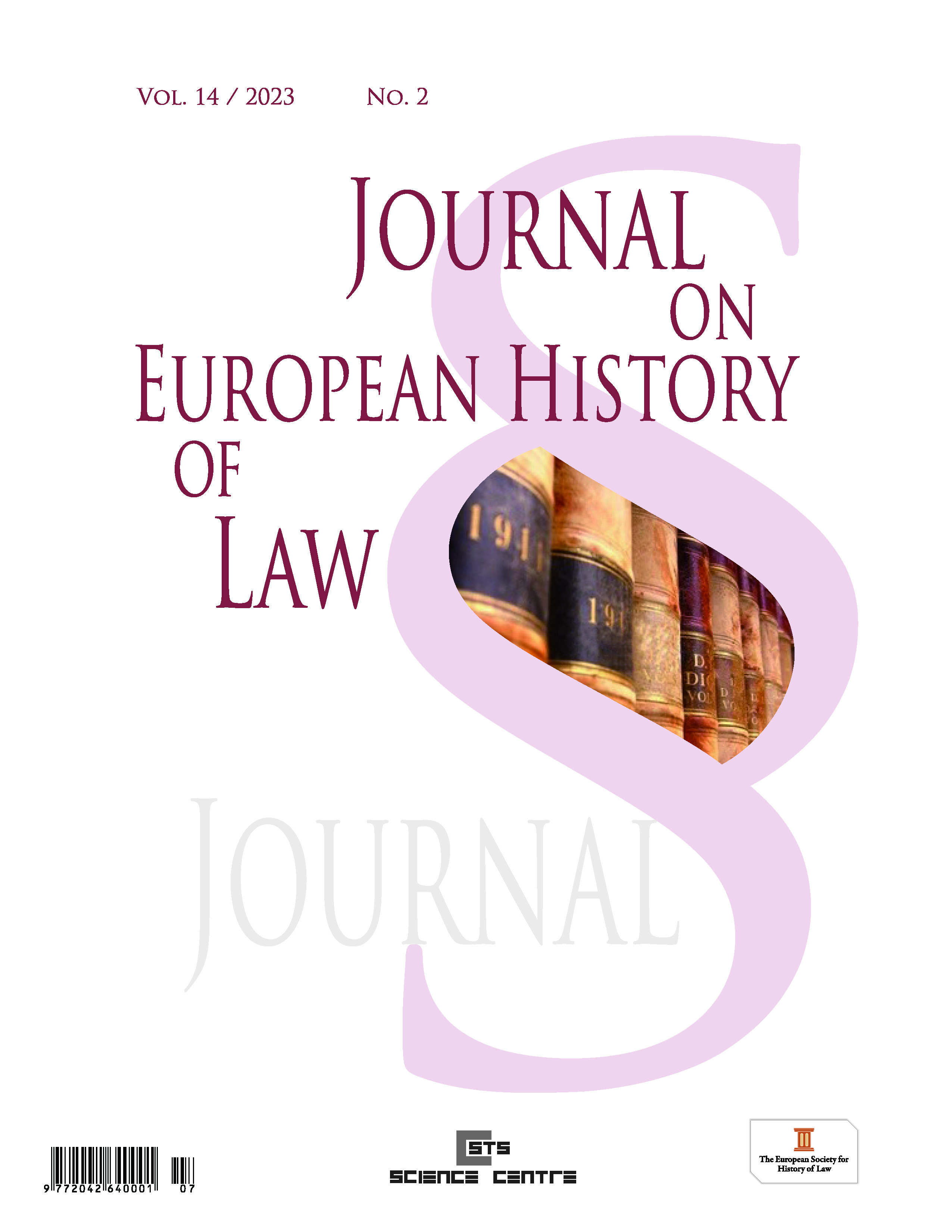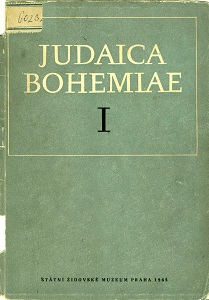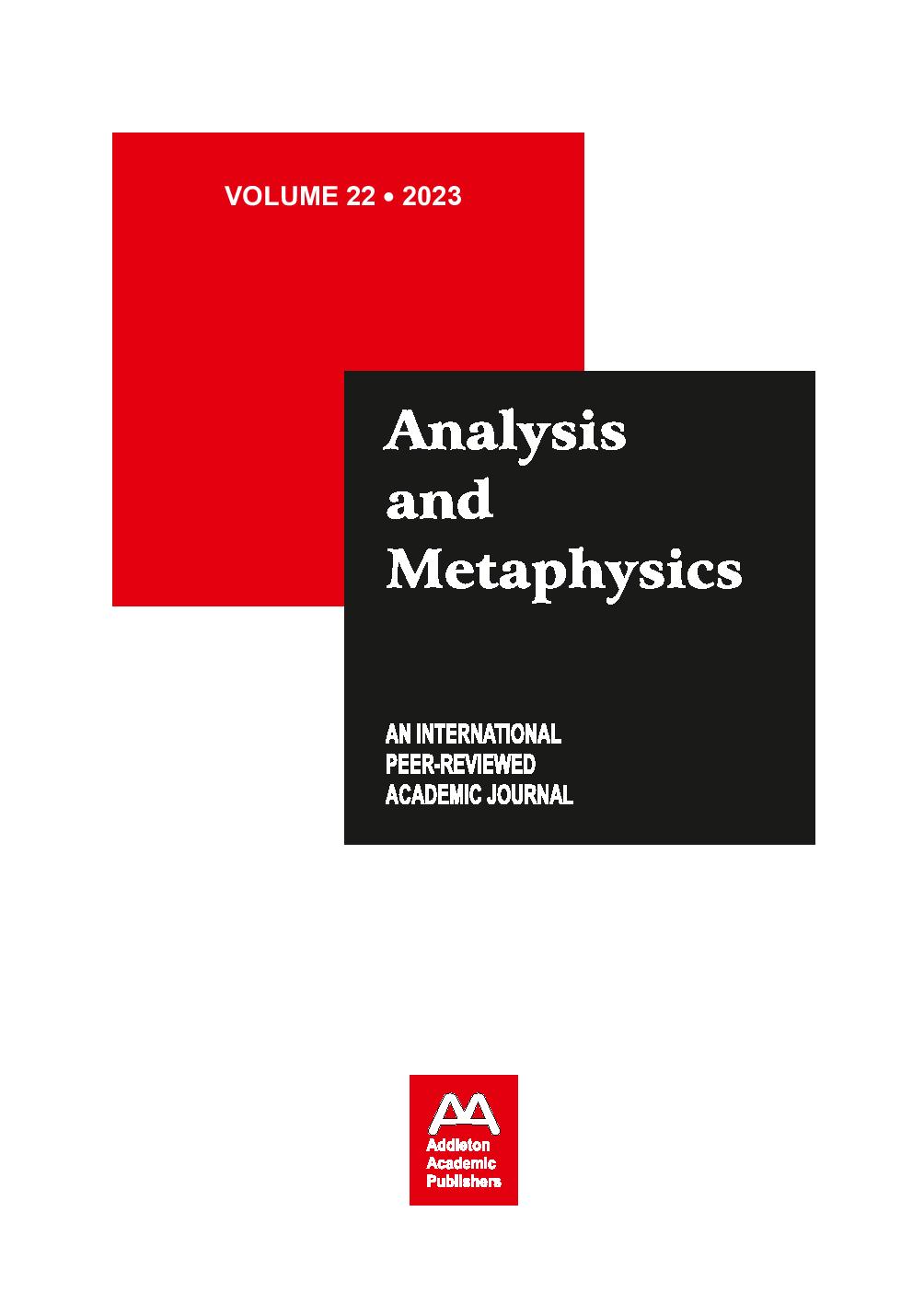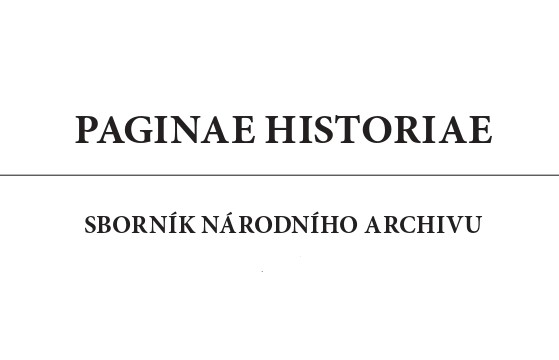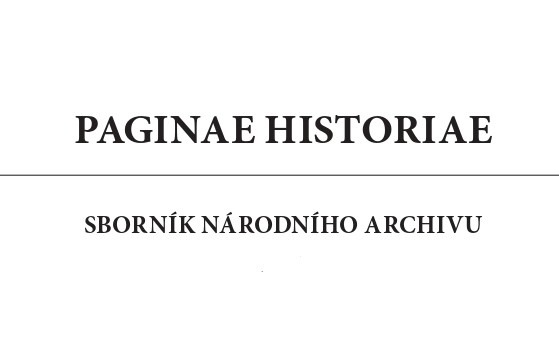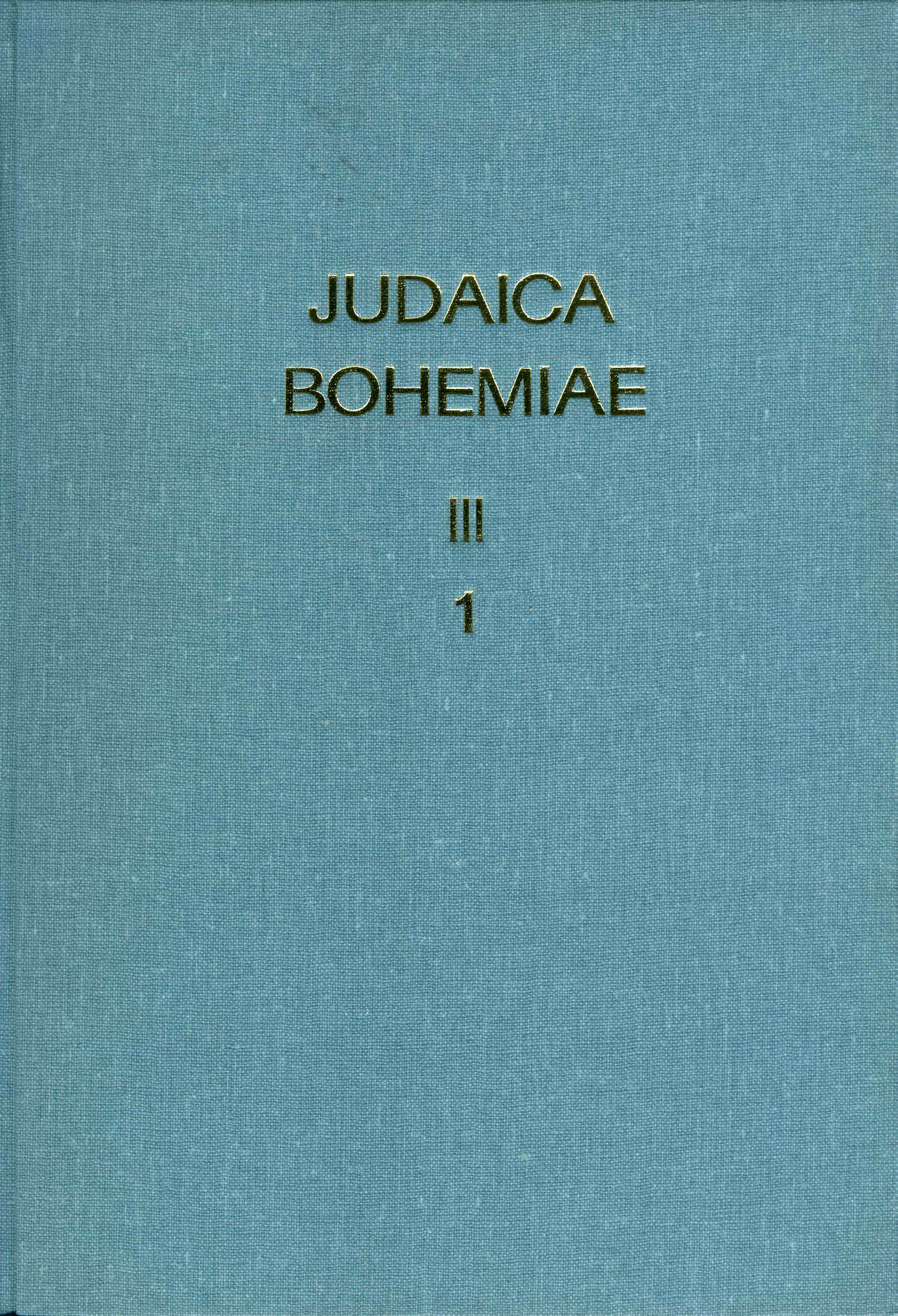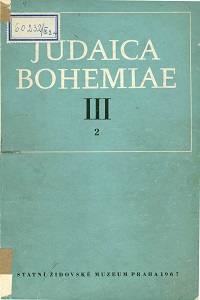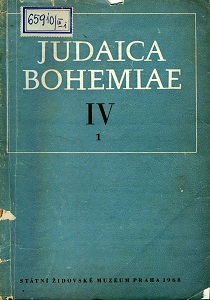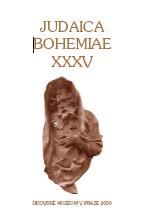
Piłsudski or Masaryk? Zionist Revisionism in Czechoslovakia 1925-1940
Revisionism represents one of the most controversial chapters in the recent history of Zionism and a lively discussion about the nature and character of this movement and its founder Vladimir Jabotinsky continues. What was the role of Revisionism in the period before 1948? What was the "true" nature of Jabotinsky's ideas? Was Revisionism basically a pro-fascist, militant movement ready to collaborate with Nazi Germany or the only branch of Zionism able to realistically assess the political situation in Palestine and the destitution of the Diaspora Jews? These are only some of the basic questions to which historians have suggested various answers, often matching their own political persuasion. Nonetheless, all participants in this discussion agree that Revisionism represented an important factor in building the Jewish state. Not only did Jabotinsky's movement significantly influence Jewish public opinion in Central and Eastern Europe between World War I and World War II; it also represents the roots of the Likud, the core of the present-day political right in Israel. Among others, Menachem Begin (who led the Likud to victory in the 1977 Knesset elections) has referred to Jabotinsky as a formative influence.
More...
